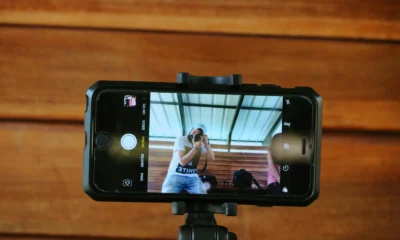World News
Meta says not planning ads on WhatsApp on September 15, 2023 at 4:42 am
Meta on Friday disputed a media report that claimed the social giant was exploring bringing ads on the popular messaging app WhatsApp. Financial Times reported that some teams at Meta had evaluated whether to show ads in lists of conversations with contacts on the WhatsApp home screen. In a statement, WhatsApp said it was neither […]
Meta on Friday disputed a media report that claimed the social giant was exploring bringing ads on the popular messaging app WhatsApp. Financial Times reported that some teams at Meta had evaluated whether to show ads in lists of conversations with contacts on the WhatsApp home screen. In a statement, WhatsApp said it was neither
Politics
Will Kim Ju Ae Become North Korea’s First Female Leader?
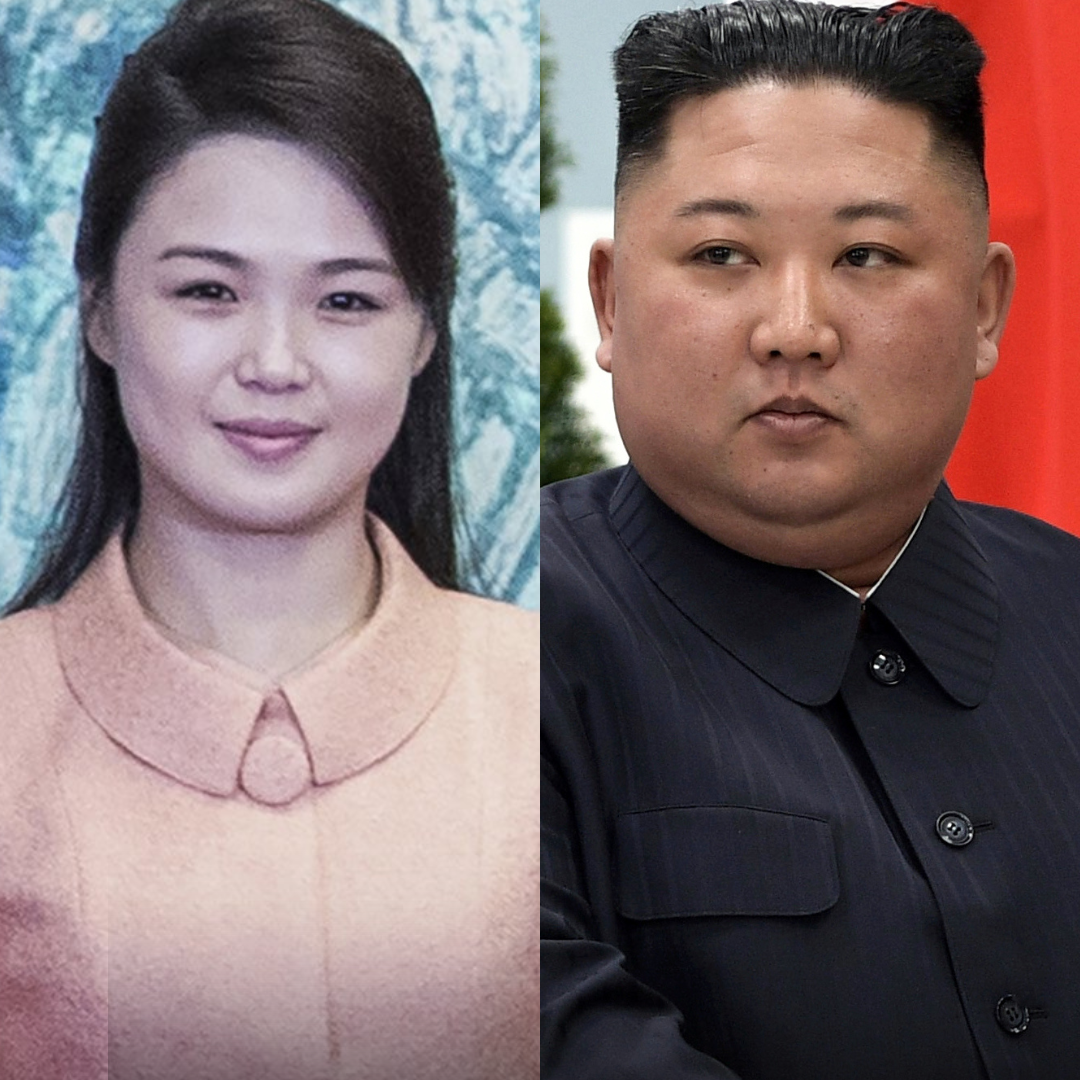
A New Face of Power in Pyongyang
In a country defined by secrecy and dynastic rule, the recent emergence of Kim Ju Ae—the daughter of North Korean leader Kim Jong Un—on the national and international stage has sparked intense speculation about the future of the world’s most isolated regime. For the first time since North Korea’s founding in 1948, the possibility of a female leader is being openly discussed, as state media and public ceremonies increasingly feature the teenage girl at her father’s side.
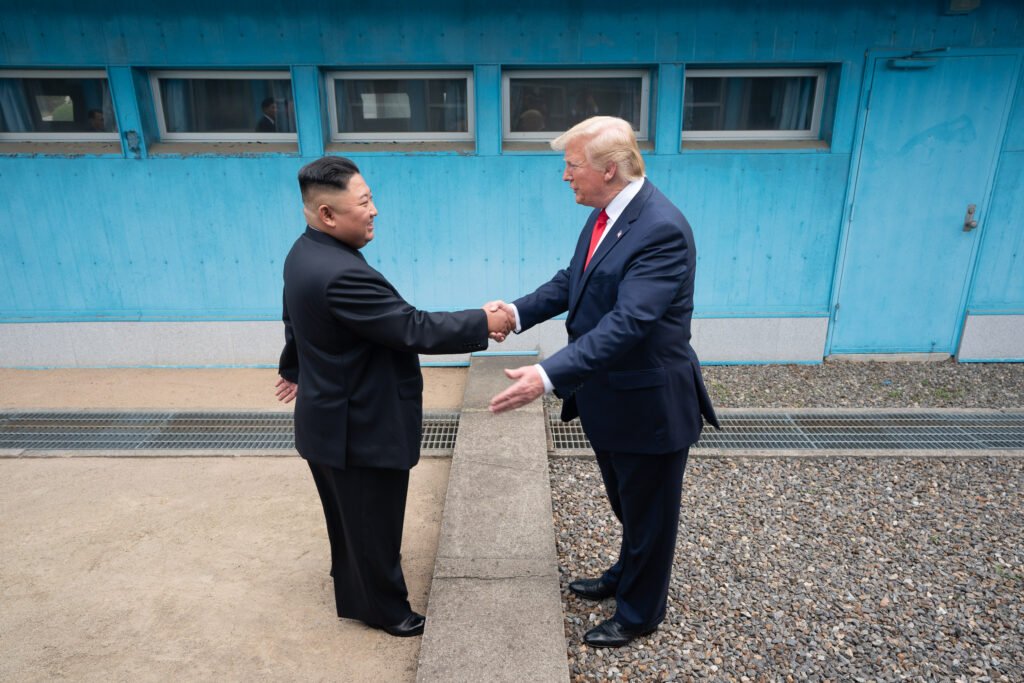
Kim Ju Ae’s Rise to Prominence
Kim Ju Ae, believed to be around 12 or 13 years old, first came to the world’s attention in 2013 when former NBA star Dennis Rodman revealed he had held Kim Jong Un’s daughter during a visit to Pyongyang. However, she remained out of the public eye until November 2022, when she appeared beside her father at the launch of an intercontinental ballistic missile—a powerful symbol in North Korean propaganda.

Since then, Ju Ae has become a regular fixture at high-profile events, from military parades and weapons launches to the grand opening of a water park and the unveiling of new naval ships. Her repeated appearances are unprecedented for a member of the Kim family so young, especially a girl, and have led South Korean intelligence officials to suggest she is being groomed as her father’s successor.
The Power of Propaganda
North Korea’s state media has shifted its language regarding Ju Ae, referring to her as “beloved” and, more recently, “respected”—a term previously reserved for the nation’s highest dignitaries. Analysts believe this is part of a carefully orchestrated campaign to build her public profile and legitimize her as a future leader, signaling continuity and stability for the regime.
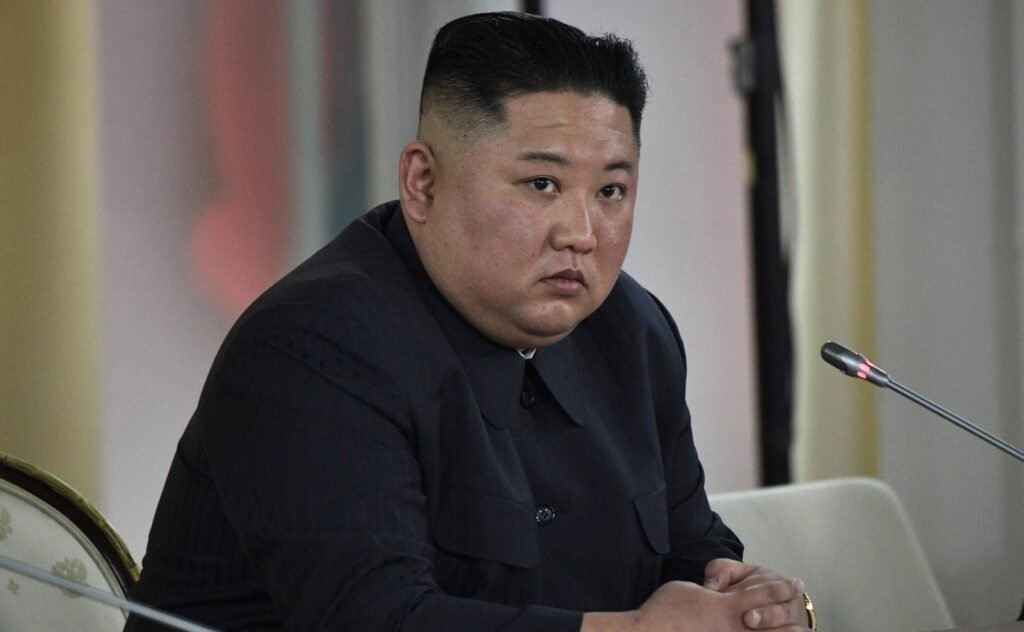
Presenting Ju Ae as the face of the next generation serves several purposes:
- Demonstrating dynastic continuity: By showcasing his daughter, Kim Jong Un assures elites and the public that the Kim family’s grip on power will persist.
- Minimizing internal threats: A young female successor is less likely to attract rival factions or pose an immediate threat to the current leadership.
- Projecting a modern image: Her presence at both military and civilian events signals adaptability and a potential shift in North Korea’s traditionally patriarchal leadership structure.

Breaking with Tradition?
If Ju Ae is indeed being positioned as the next leader, it would mark a historic break from North Korea’s deeply patriarchal system. The country has never had a female ruler, and its military and political elite remain overwhelmingly male. However, her growing public profile and the respect shown to her by senior officials suggest that the regime is preparing the nation for the possibility of her ascension.
The only other woman with significant visibility and influence in the regime is Kim Yo Jong, Kim Jong Un’s younger sister, who has become a powerful figure in her own right, especially in matters of propaganda and foreign policy.
A Nation Divided, a Dynasty Endures
While the Kim family’s hold on North Korea appears unshakable, the country remains divided from South Korea by a heavily militarized border. Many families have been separated for generations, with little hope for reunification in the near future. As the Kim dynasty prepares its next generation for leadership, the longing for family reunions and peace persists on both sides of the border.
The Road Ahead
Kim Ju Ae’s future remains shrouded in mystery, much like the country she may one day lead. Her carefully managed public appearances, the reverence shown by state media, and her father’s apparent efforts to secure her place in the succession line all point to a regime intent on preserving its legacy while adapting to new realities. Whether North Korea is truly ready for its first female leader is uncertain, but the groundwork is clearly being laid for a new chapter in the Kim dynasty.
Business
Pros and Cons of the Big Beautiful Bill

The “Big Beautiful Bill” (officially the One Big Beautiful Bill Act) is a sweeping tax and spending package passed in July 2025. It makes permanent many Trump-era tax cuts, introduces new tax breaks for working Americans, and enacts deep cuts to federal safety-net programs. The bill also increases spending on border security and defense, while rolling back clean energy incentives and tightening requirements for social programs.

Pros
1. Tax Relief for Middle and Working-Class Families
- Makes the 2017 Trump tax cuts permanent, preventing a scheduled tax hike for many Americans.
- Introduces new tax breaks: no federal income tax on tips and overtime pay (for incomes under $150,000, with limits).
- Doubles the Child Tax Credit to $2,500 per child through 2028.
- Temporarily raises the SALT (state and local tax) deduction cap to $40,000.
- Creates “Trump Accounts”: tax-exempt savings accounts for newborns.
2. Support for Small Businesses and Economic Growth
- Makes the small business deduction permanent, supporting Main Street businesses.
- Expands expensing for investment in short-lived assets and domestic R&D, which is considered pro-growth.
3. Increased Spending on Security and Infrastructure
- Allocates $175 billion for border security and $160 billion for defense, the highest peacetime military budget in U.S. history.
- Provides $12.5 billion for air traffic control modernization.
4. Simplification and Fairness in the Tax Code
- Expands the Earned Income Tax Credit (EITC) and raises marginal rates on individuals earning over $400,000.
- Closes various deductions and loopholes, especially those benefiting private equity and multinational corporations.

Cons
1. Deep Cuts to Social Safety Net Programs
- Cuts Medicaid by approximately $930 billion and imposes new work requirements, which could leave millions without health insurance.
- Tightens eligibility and work requirements for SNAP (food assistance), potentially removing benefits from many low-income families.
- Rolls back student loan forgiveness and repeals Biden-era subsidies.
2. Increases the Federal Deficit
- The bill is projected to add $3.3–4 trillion to the federal deficit over 10 years.
- Critics argue that the combination of tax cuts and increased spending is fiscally irresponsible.
3. Benefits Skewed Toward the Wealthy
- The largest income gains go to affluent Americans, with top earners seeing significant after-tax increases.
- Critics describe the bill as the largest upward transfer of wealth in recent U.S. history.
4. Rollback of Clean Energy and Climate Incentives
- Eliminates tax credits for electric vehicles and solar energy by the end of 2025.
- Imposes stricter requirements for renewable energy developers, which could lead to job losses and higher electricity costs.

5. Potential Harm to Healthcare and Rural Hospitals
- Reduces funding for hospitals serving Medicaid recipients, increasing uncompensated care costs and threatening rural healthcare access.
- Tightens verification for federal premium subsidies under the Affordable Care Act, risking coverage for some middle-income Americans.
6. Public and Political Backlash
- The bill is unpopular in public polls and is seen as a political risk for its supporters.
- Critics warn it will widen the gap between rich and poor and reverse progress on alternative energy and healthcare.
Summary Table
| Pros | Cons |
|---|---|
| Permanent middle-class tax cuts | Deep Medicaid and SNAP cuts |
| No tax on tips/overtime for most workers | Millions may lose health insurance |
| Doubled Child Tax Credit | Adds $3.3–4T to deficit |
| Small business support | Benefits skewed to wealthy |
| Increased border/defense spending | Clean energy incentives eliminated |
| Simplifies some tax provisions | Threatens rural hospitals |
| Public backlash, political risk |
In summary:
The Big Beautiful Bill delivers significant tax relief and new benefits for many working and middle-class Americans, but it does so at the cost of deep cuts to social programs, a higher federal deficit, and reduced support for clean energy and healthcare. The bill is highly polarizing, with supporters touting its pro-growth and pro-family provisions, while critics warn of increased inequality and harm to vulnerable populations.
Business
Trump Threatens to ‘Take a Look’ at Deporting Elon Musk Amid Explosive Feud
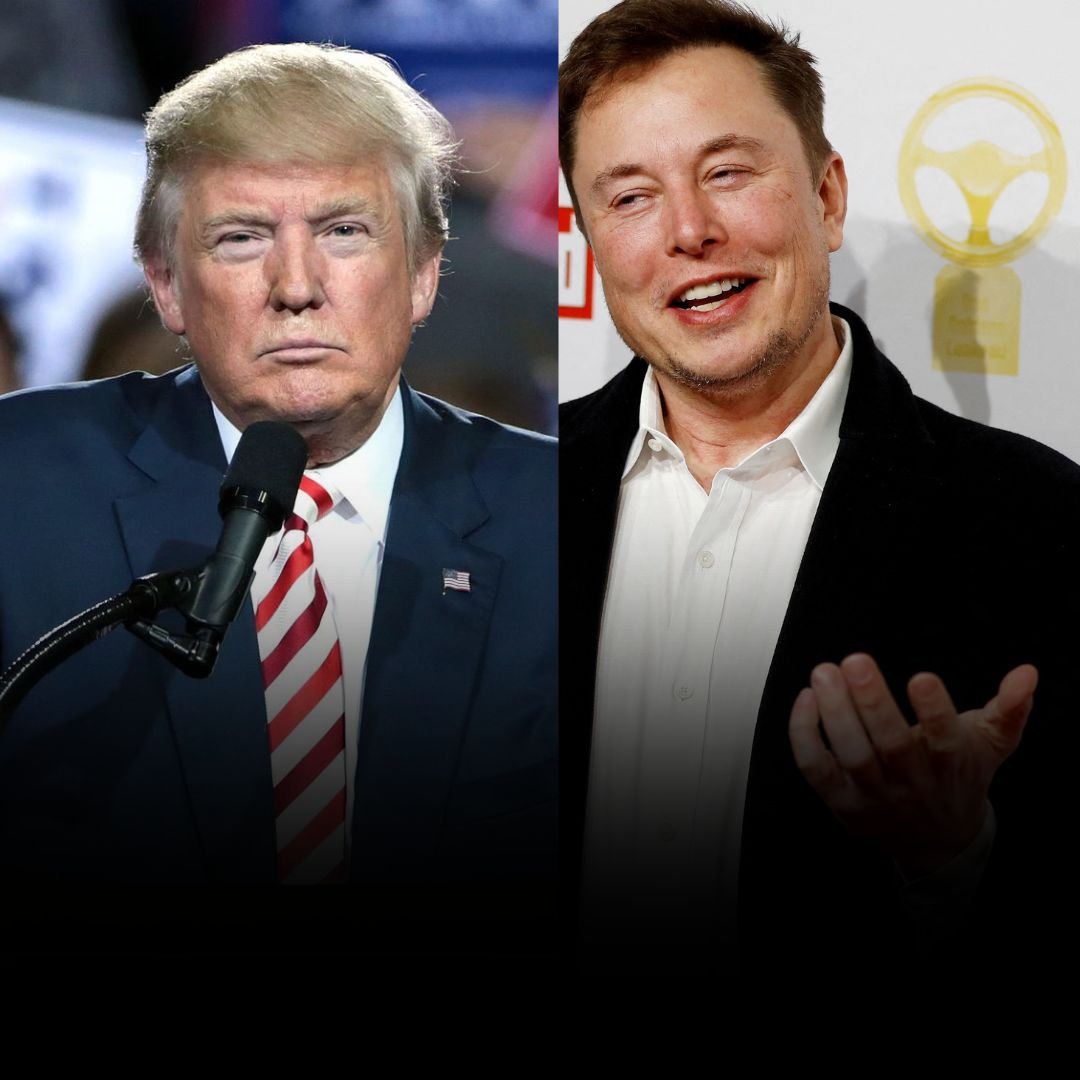
The escalating conflict between President Donald Trump and Elon Musk reached a new peak this week, as Trump publicly suggested he would consider deporting the billionaire entrepreneur in response to Musk’s fierce criticism of the president’s signature tax and spending bill.
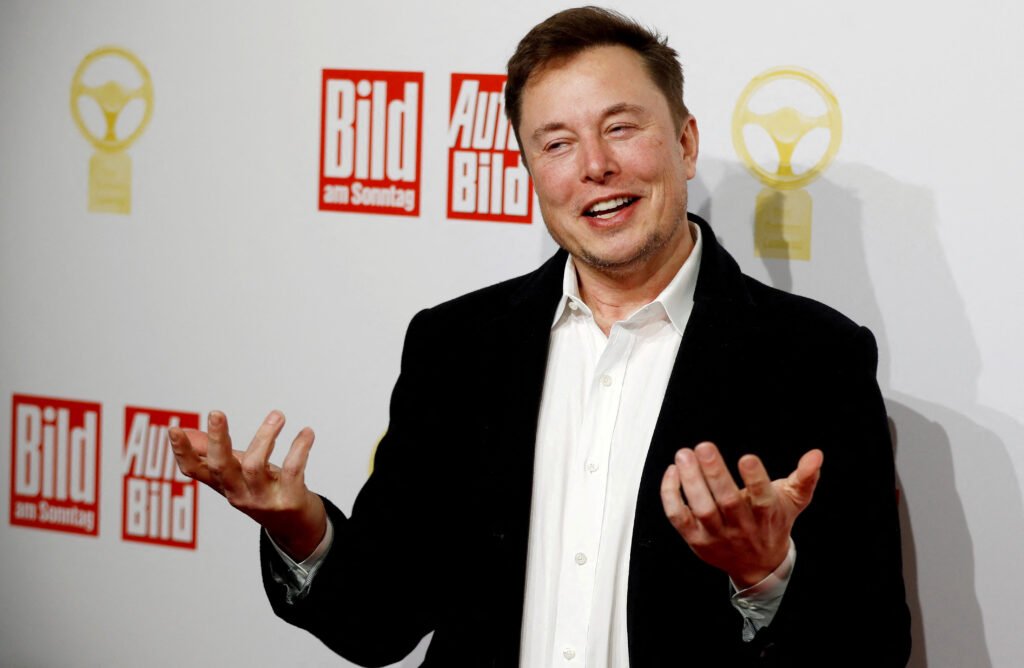
“I don’t know, we’ll have to take a look,” Trump told reporters on Tuesday when asked directly if he would deport Musk, who was born in South Africa but has been a U.S. citizen since 2002.
This threat followed a late-night post on Trump’s Truth Social platform, where he accused Musk of being the largest recipient of government subsidies in U.S. history. Trump claimed that without these supports, Musk “would likely have to shut down operations and return to South Africa,” and that ending such subsidies would mean “no more rocket launches, satellites, or electric vehicle production, and our nation would save a FORTUNE”.
Trump also invoked the Department of Government Efficiency (DOGE)—a federal agency Musk previously led—as a potential tool to scrutinize Musk’s companies. “We might have to put DOGE on Elon. You know what DOGE is? The DOGE is the monster that might have to go back and eat Elon,” Trump remarked, further intensifying the feud.
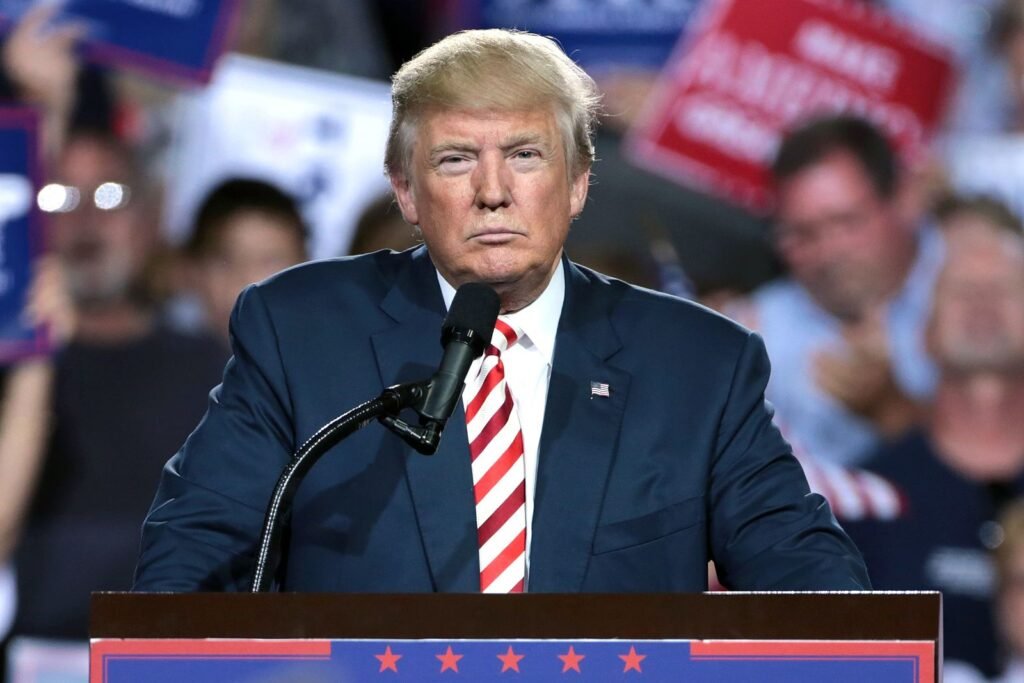
Background to the Feud
The rupture comes after Musk’s repeated attacks on Trump’s so-called “Big, Beautiful Bill,” a comprehensive spending and tax reform proposal that Musk has labeled a “disgusting abomination” and a threat to the nation’s fiscal health. Musk, once a Trump ally who contributed heavily to his election campaign and served as a government advisor, has called for the formation of a new political party, claiming the bill exposes the need for an alternative to the current two-party system.
In response, Trump’s allies have amplified questions about Musk’s citizenship and immigration history, with some suggesting an investigation into his naturalization process. However, legal experts note that deporting a naturalized U.S. citizen like Musk would be extremely difficult. The only path would involve denaturalization—a rare and complex legal process requiring proof of intentional fraud during the citizenship application, a standard typically reserved for the most egregious cases.
Political Fallout
Musk’s criticism has rattled some Republican lawmakers, who fear the feud could undermine their party’s unity ahead of the 2026 midterm elections. Meanwhile, Musk has doubled down on his opposition, warning he will support primary challengers against Republicans who back Trump’s bill.
Key Points:
- Trump has publicly threatened to “take a look” at deporting Elon Musk in retaliation for Musk’s opposition to his legislative agenda.
- Legal experts say actual deportation is highly unlikely due to the stringent requirements for denaturalizing a U.S. citizen.
- The feud marks a dramatic reversal from the pair’s earlier alliance, with both men now trading barbs over social media and in public statements.
As the dispute continues, it has become a flashpoint in the broader debate over government spending, corporate subsidies, and political loyalty at the highest levels of American power.

 Business1 week ago
Business1 week agoPros and Cons of the Big Beautiful Bill

 Advice2 weeks ago
Advice2 weeks agoWhat SXSW 2025 Filmmakers Want Every New Director to Know

 Film Industry3 weeks ago
Film Industry3 weeks agoFilming Yourself and Look Cinematic

 News2 weeks ago
News2 weeks agoFather Leaps Overboard to Save Daughter on Disney Dream Cruise

 Politics4 weeks ago
Politics4 weeks agoBolanle Newsroom Brief: Israel Strikes Iran’s Nuclear Sites — What It Means for the World

 Health1 week ago
Health1 week agoMcCullough Alleges Government Hid COVID Vaccine Side Effects

 Advice2 weeks ago
Advice2 weeks agoWhy 20% of Us Are Always Late

 Entertainment4 weeks ago
Entertainment4 weeks agoThe Hidden Reality Behind Victoria’s Secret


















